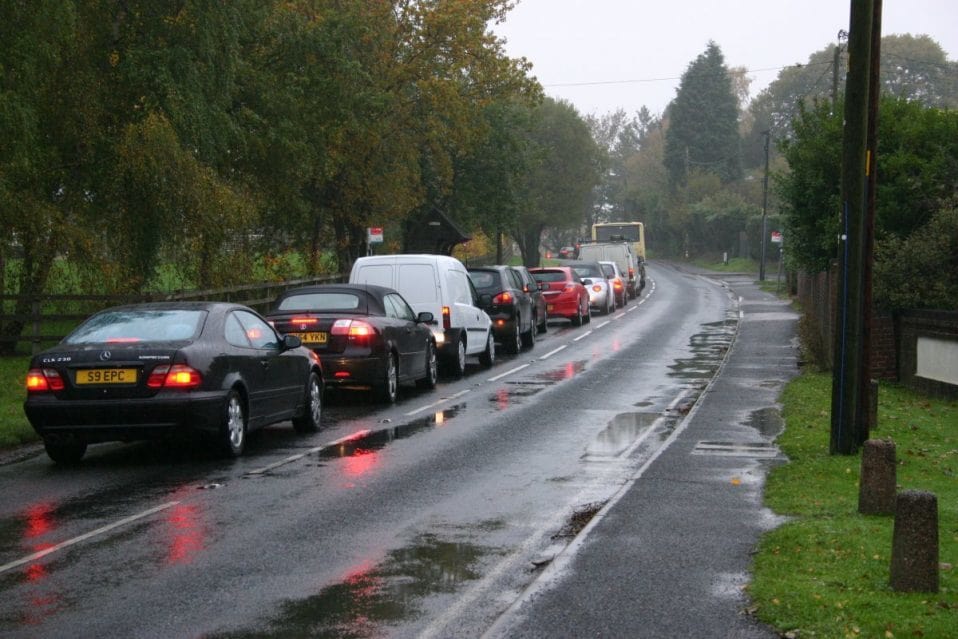ADD UPDATE, 24 January 2025: Local residents will be aware that Eastleigh Borough Council (EBC) has recently fired the starting pistol to create its new Local Plan. The process is at its earliest, yet critical phase, which involves an “Issues and Options” report that is currently out for consultation.
If you have not yet contributed to this consultation, please do so by next week’s deadline of 29 January. Click here for the short survey, and here and here for recent articles on points you may wish to raise.
As you will know, traffic is a hugely significant factor for the council’s planners. ADD’s longstanding traffic consultant, who helped win important arguments during the last Local Plan process, has now stated he is unhappy with the lack of detail being provided on transport assessments at the Issues and Options stage.
The newly revised National Planning Policy Framework (NPPF) states (Section 9, Promoting Sustainable Transport, para 109): “Transport issues should be considered from the earliest stages of plan-making and development proposals, using a vision-led approach to identify transport solutions that deliver well-designed, sustainable and popular places. This should involve…making transport considerations an important part of early engagement with local communities.”
Government guidance to planners adds: “An assessment of the transport implications should be undertaken at a number of stages in the preparation of a Local Plan: as part of the initial evidence base in terms of issues and opportunities; as part of the options testing; [and] as part of the preparation of the final submission.”
When we asked our traffic consultant to examine the traffic information provided in the Issues and Options report, he replied: “In my opinion, there is simply not enough evidence-based detail about the traffic impacts of the various options to allow respondents to give an informed view. For example, the traffic impacts of Strategic Development Option (SDO) A, the plans for 4,600 new homes north and east of Fair Oak, are covered by the simple statement: “Relative to the other SDOs, SDO A may have more effect on the South Downs National Park in terms of traffic” – and that’s it!” This contrasts significantly with information on ‘the retention of gaps between settlements’, another key factor that planners will have to consider, on which the EBC evidence base involves a detailed 200-page paper.
ADD chair, David Ashe, said: “Traffic congestion is not something EBC can sweep under the carpet – creating car dependent new developments would cause chaos in surrounding communities and trash its aspirations to ‘tackle climate change’. Minimising car use should be fundamental to the whole process of planning new developments. Last time around Eastleigh took decisions without thinking seriously about the traffic impacts and got its plan thrown out by the government inspector, after a lot of grief, angst – and expense. We hope that this time around the new planning team will have learned the lessons from that debacle.”
As the Local Plan process unfolds, the ADD team – and all our supporters – will be working hard to hold council leaders to account, not least by demanding that all the evidence is in place and in the public arena before they take crucial decisions. Failing to do so will cost them dear.
We encourage everyone to make their voice heard by completing the consultation’s short survey by 29 January. Thank you for doing so!


